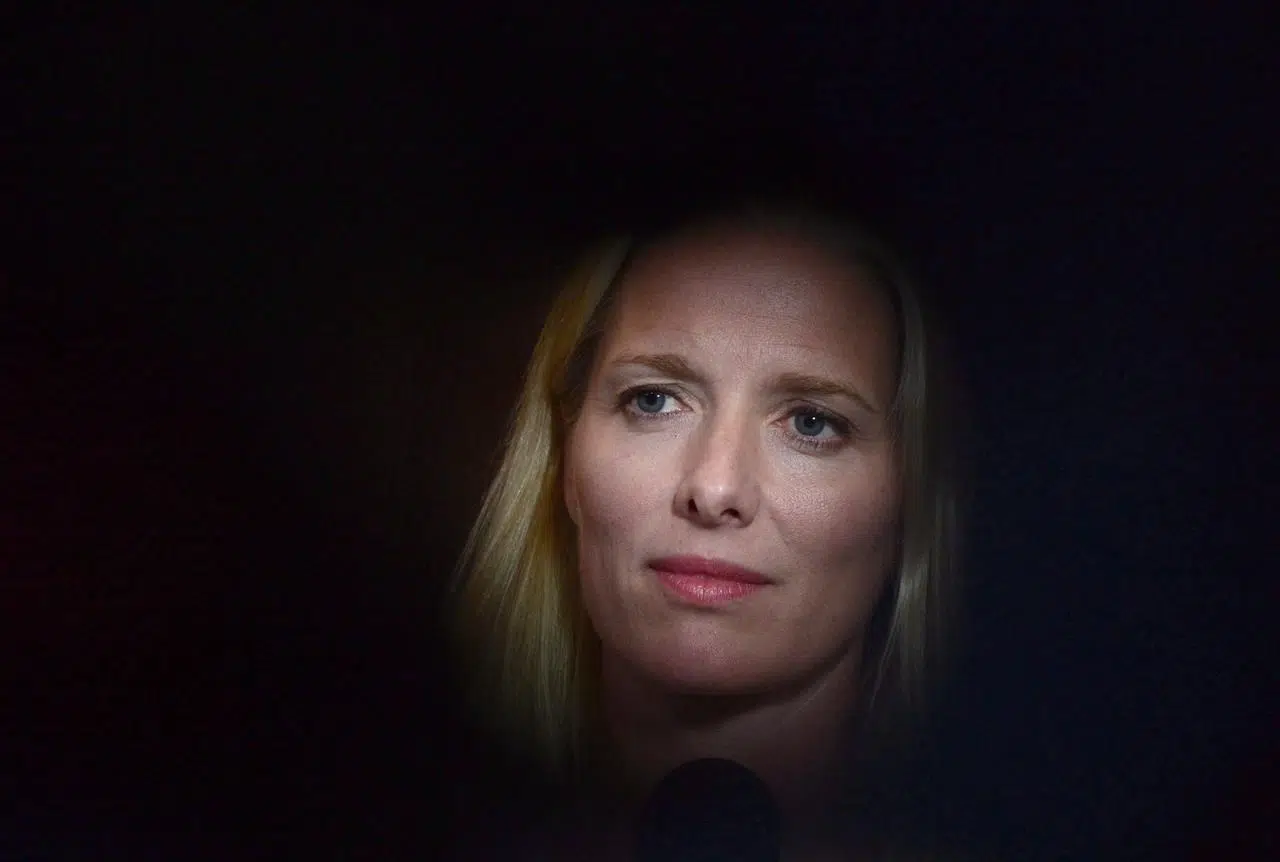
Liberals call Commons debate, vote on ratifying Paris climate commitments
OTTAWA — The Liberal government will hold a debate and a vote in the House of Commons next week on whether Canada should ratify the international Paris climate accord.
The debate by MPs is to begin Monday as federal Environment Minister Catherine McKenna sits down in Montreal with her provincial and territorial counterparts to begin negotiating a plan to meet Canada’s Paris commitments.
The outcome of next Wednesday’s vote is a foregone conclusion — given the Liberal majority — but the outcome of the federal-provincial negotiations is not.
“I think it’s really important to have a debate, as does the prime minister,” McKenna said Friday of next week’s debate.


